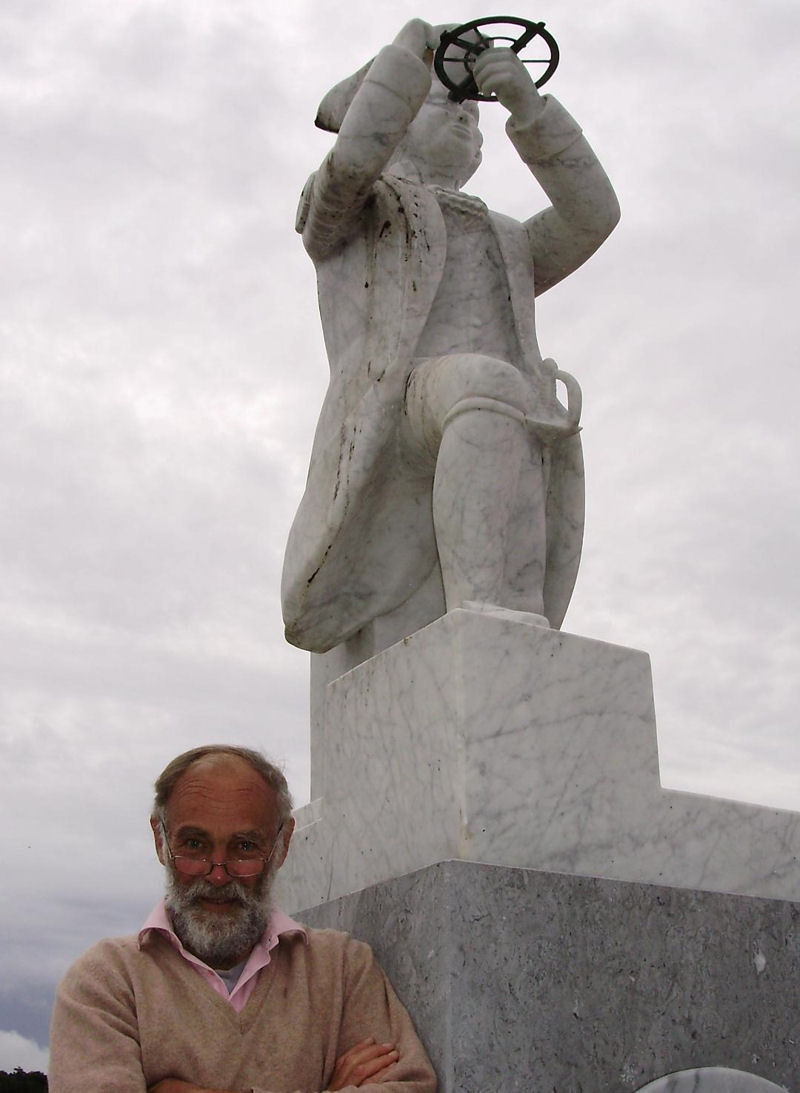2026-03 AERC reflections
 Tuesday, January 13, 2026
Tuesday, January 13, 2026 In February 2004, I did a role-play on consensus in Belfast City Council for the Policy and Resources Committee. And I was successful: they achieved consensus, well, sort of. Basically, 'these'uns' did not want to be in consensus with 'them'uns,' and vice versa, so there was a consensus against consensus.
And today, 20-odd years later, with power-sharing and all, little has changed. Some noted tht the culture of all concerned is a bit negative; well of course it is, that's what often happens with majority voting, no matter what sort is used. Oddly, however, lots of academics and journalists etc. also act as if democratic decisions have to be taken in binary ballots, even though multi-option voting has been around for 1,900 years, and preferential voting for 600. Strange.
 Deborda | Comments Off |
Deborda | Comments Off | 


